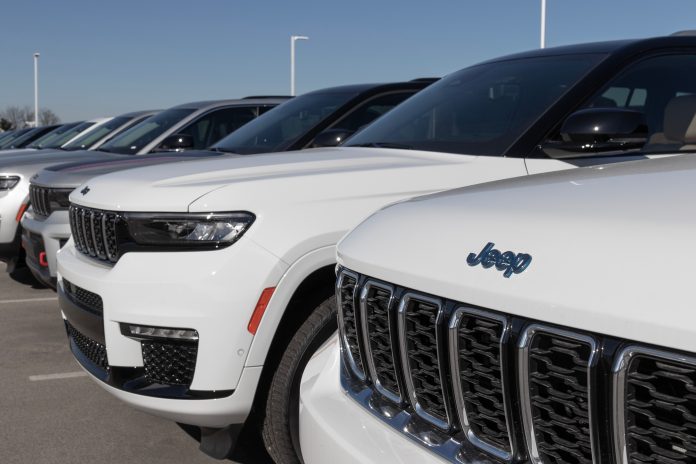A Delaware auto dealer says he is experiencing earlier-than-expected consequences from the state’s proposed gas-powered vehicle ban.
Santosh Viswanathan, the chairman of legislative affairs for the Delaware Automobile and Truck Dealers’ Association, reports that Stellantis is refusing to send some Jeeps to the region “because we are considered a ‘California state.'” The statement references similar laws passed in several states requiring car manufacturers to ensure an increasing percentage of their sales be composed of hybrid or zero-emission vehicles. Viswanathan, who also operates the Lakeshore Chrysler Dodge Jeep RAM storefront in Seaford, said the automaker would supply the Wrangler 4XE and Grand Cherokee 4XE but cease deliveries of several popular gas-powered models from the same brand. The two EVs are substantially more expensive than their ICE-based alternatives. Although consumers can still order the canceled products, the auto dealer notes that without the vehicles in stock, their shipment could take longer to arrive.
Viswanathan’s experiences are not isolated to the state. Political, corporate and activist pressure on auto dealers and manufacturers to reduce their industry’s carbon footprint has significantly increased over the last decade. Although many car manufacturers remain hesitant on a full-scale transition, the success of EV brands such as BYD and Tesla seems to have motivated a flurry of production and supportive legislation.
However, while many auto dealers accept that an EV transition is inevitable, the rapidity with which battery power replaces fuel could cause economic headwinds in the retail automotive sector, especially in regions where demand remains low. On a broader scale, critics worry that the nation’s infrastructure will prove incapable of handling the energy needs of an all-electric society. The ban, as proposed in Delaware, would go into effect by 2035 if passed into law.



